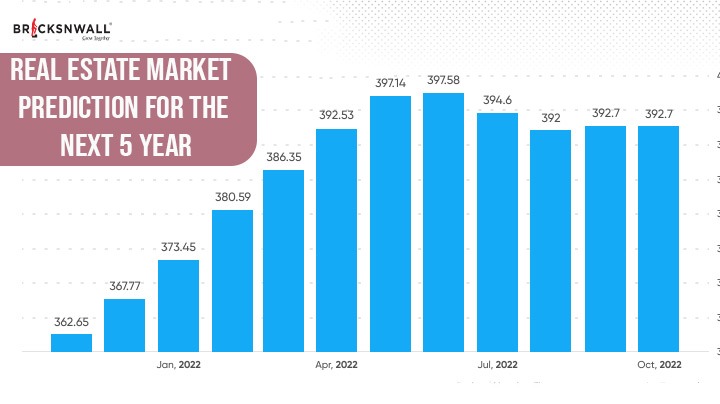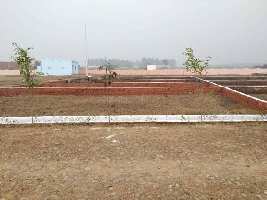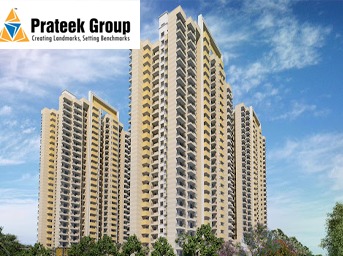Real Estate Market Prediction for the Next 5 Years
Bricksnwall Trusted Experts

The real estate market is
constantly evolving, influenced by various factors such as economic conditions,
demographic changes, and technological advancements. Looking ahead to the next
five years, this article aims to provide a prediction for the real estate
market, considering current trends and anticipated developments.
Economic Factors
The global
economy is expected to recover and experience steady growth over the next five
years. Government stimulus measures, increasing vaccination rates, and a return
to pre-pandemic levels of economic activity will contribute to a favorable
environment for the real estate market. Low-interest rates are also likely to
persist, making real estate an attractive investment option.
Residential Real Estate
The
residential real estate market is
predicted to experience sustained growth over the next five years. Demographic
changes, including the influx of younger generations such as Millennials and
Generation Z, will drive demand for housing. Affordability and sustainability
will be key considerations, with a focus on eco-friendly construction,
energy-efficient homes, and flexible living spaces to accommodate remote work
and changing lifestyles. Suburban areas may witness increased demand as people
prioritize larger homes and access to nature.
Urban Revitalization
While
suburban areas are expected to flourish, urban centers will undergo a process
of revitalization. The demand for affordable housing within city limits will
rise as urban dwellers seek convenience and proximity to amenities and employment
opportunities. Developers and city planners will work towards creating
mixed-use developments that integrate residential, commercial, and recreational
spaces. Adaptive reuse of existing structures and urban renewal initiatives
will transform underutilized areas into vibrant communities.
Commercial Real Estate
The
commercial real estate sector is poised for transformation over the next five
years. As remote work and flexible work arrangements become more common,
traditional office spaces may undergo a shift. Companies will prioritize
flexible lease terms, collaborative work environments, and amenities that
enhance employee well-being. The rise of e-commerce will continue to impact the
retail sector, leading to a re-imagination of retail spaces as experiential
destinations or last-mile delivery hubs. Industrial and logistics properties
will experience increased demand due to the growth of e-commerce and supply
chain optimization.
Technology and Sustainability
Technological
advancements and sustainability will be key drivers in the real estate market
of the future. Smart home technology will become standard, with properties
equipped with automated systems for security, energy management, and
convenience. The Internet of Things (IoT) will enable efficient resource
utilization and improve residents' quality of life. Sustainability will remain
a priority, with eco-friendly construction materials, energy-efficient designs,
and renewable energy solutions being integral to new developments. Green
building certifications and energy performance standards will gain prominence.
Conclusion
The next five years hold great promise for the real estate market, with growth and adaptation expected across various sectors. Residential real estate will cater to changing demographics and preferences, focusing on affordability, sustainability, and flexibility. Urban centers will witness revitalization efforts, while suburban areas will continue to thrive. Commercial real estate will undergo transformations to accommodate evolving work patterns and the rise of e-commerce. Technological advancements, including smart home technology and sustainability practices, will shape the future of real estate. Investors and industry professionals should closely monitor these trends and adapt their strategies to leverage emerging opportunities. The real estate market is poised for an exciting era of growth and innovation, providing individuals and businesses with diverse options and spaces that meet their evolving needs.




